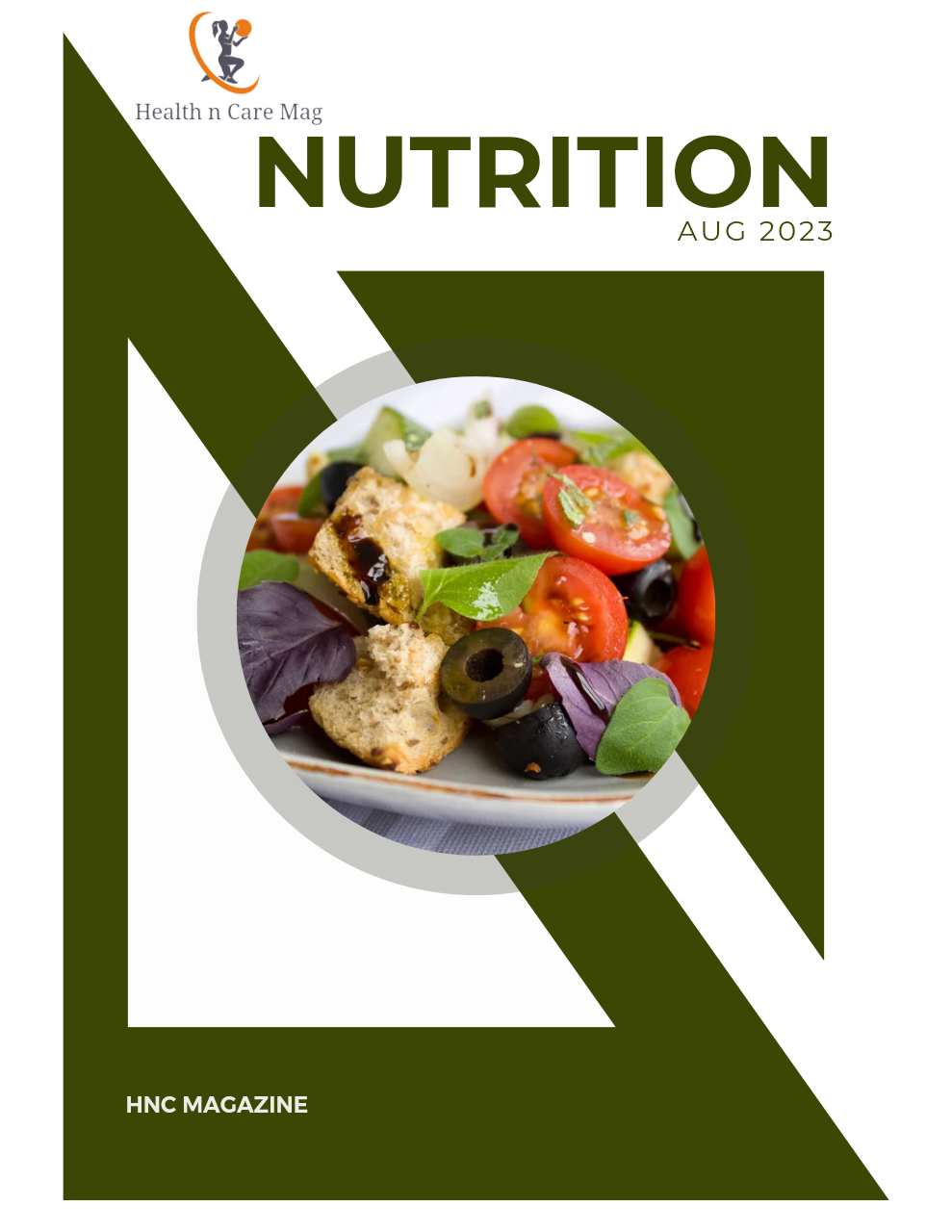Interesting Information On Addiction To Pain Relievers
Hydrocodone, also known as dihydrocodeinone, is a partially artificial (semi-synthetic) form of opioid derived from thebaine and codeine, a pair of opiates that naturally occur. It is an antitussive (or cough suppressant) in addition to being a narcotic analgesic (pain medication). It is currently accessible by a doctor’s prescription in tablet, capsule, and syrup form and it is frequently in combination with paracetamol or ibuprofen. These two drugs are lesser, yet efficient, chemical substances which are non-opioid in nature.
Recreation Use And Addiction
According to a report released in 2009 by the DEA (Drug Enforcement Agency), hydrocodone is part of a family of opiate-based analgesics that are illicitly trafficked in the U. S. and is considered a principal drug threat. Furthermore, the medical and health sector sees hydrocodone as a major public health risk based on the millions of annually recorded cases involving serious ailments associated with these medicines. Because of its potential for creating opiate-related adverse reactions, it’s a preferred recreational drug and its reputation keeps growing.
The use of this drug for recreational reasons has caused many drug treatment centers to carry out hydrocodone addiction programs to deal with addicted clients and to assist them to get over their reliance on the medication. Presently, hydrocodone is now among the most preferred recreational drugs among consumers in the United States and it is widespread among young adults and even in the teenage crowd because of the overall accessibility to this drug. Much like with any other opioid-based medicines, hydrocodone will cause physical dependency.
When there is a sudden discontinuation of using the medication after very long periods of time, extreme withdrawal effects are generally not uncommon. These effects often include:
• Extreme anxiety
• Depressive disorders
• Extreme drug cravings
• Tingling sensation all throughout body
• Fever
• Intense pain
• Profuse sweating
• Sneezing
• Watery eyes
There may be some other withdrawal signs and symptoms that are indirectly related to stopping hydrocodone use and are just as unpleasant, but the ones outlined above are basically the most common signs and symptoms that are experienced. Due to those above manifestations, many of the drug treatment centers out there present their clients with a specific hydrocodone addiction treatment option to help them get over their addictions and recover totally.
Signs And Symptoms Of Overdose
There are lots of indications of hydrocodone abuse, many of which may be lethal if medical treatment isn’t immediately sought out. These include:
• Cold, clammy, or blue skin
• Decreased respiratory effort
• Cardiac arrest
• Coma
• Death
In addition, recreational consumption of this drug may lead to jaundice, liver damage, and finally hepatic failure. It’s a drug that should just be used for medicinal reasons.



